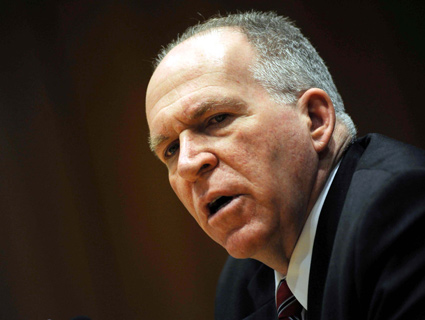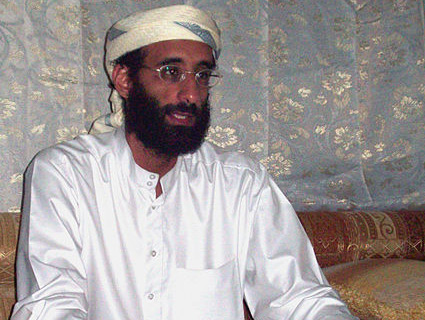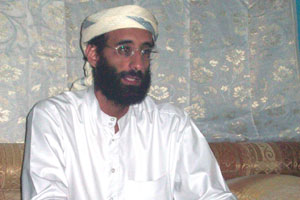The central question in the death of American extremist cleric Anwar al-Awlaki is not his innocence. That really misses the point. Awlaki was the only publicly known name on a covert list of American citizens the US government believes it can legally kill without charge or trial. Awlaki’s killing can’t be viewed as a one-off situation; what we’re talking about is the establishment of a precedent by which a US president can secretly order the death of an American citizen unchecked by any outside process. Rules that get established on the basis that they only apply to the “bad guys” tend to be ripe for abuse, particularly when they’re secret.
Terrorism, as compared to traditional warfare, naturally brings up different legal and moral issues. Chief among these is the fact that because terrorists don’t wear uniforms, they’re hard to identify as terrorists. Those kinds of questions become somewhat easier in a theater of active military combat. No one’s questioning, for example, whether or not Awlaki could be legally killed if he were in Afghanistan holding a rifle and firing at a US soldier, simply because he happens to be a citizen. It gets much harder when you start talking about killing people in countries like Yemen where the US can’t be said to be fighting anything resembling a traditional military conflict. Courts become much more important in this context precisely because they help credibly determine who is actually a combatant and who isn’t.
Uncritically endorsing the administration’s authority to kill Awlaki on the basis that he was likely guilty, or an obviously terrible human being, is short-sighted. Because what we’re talking about here is not whether Awlaki in particular deserved to die. What we’re talking about is trusting the president with the authority to decide, with the minor bureaucratic burden of asking “specific permission,” whether an American citizen is or isn’t a terrorist and then quietly rendering a lethal sanction against them.
The question is not whether or not you trust that President Obama made the right decision here. It’s whether or not you trust him, and all future presidents, to do so—and to do so in complete secrecy.














